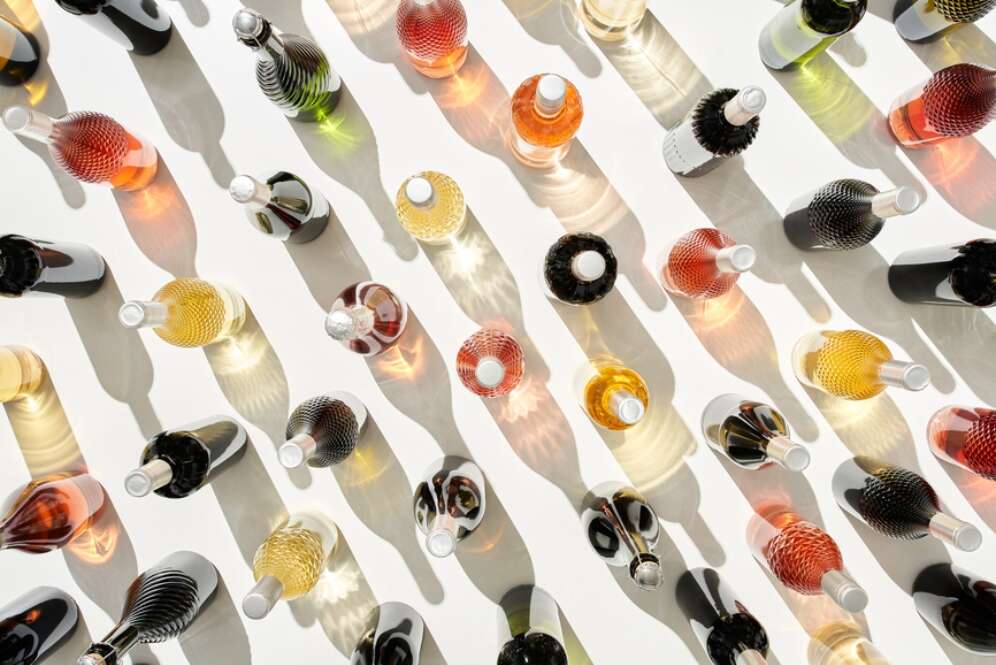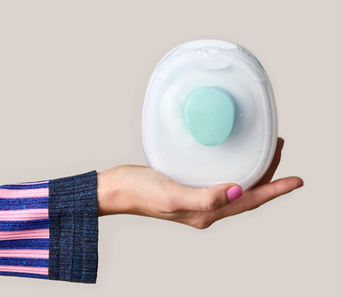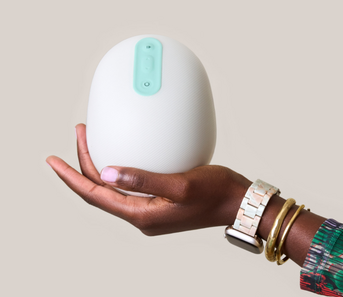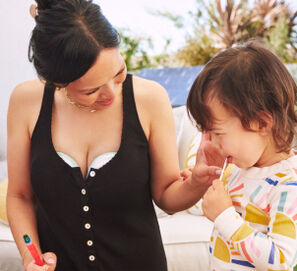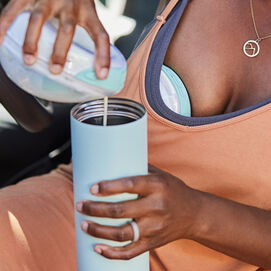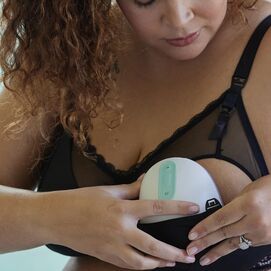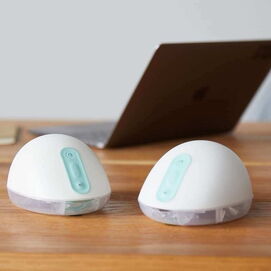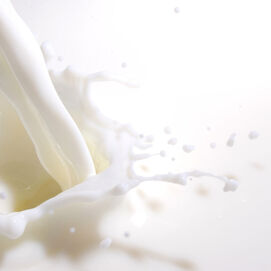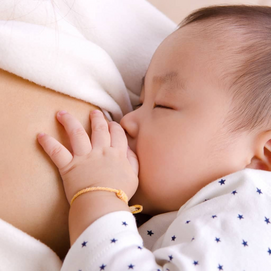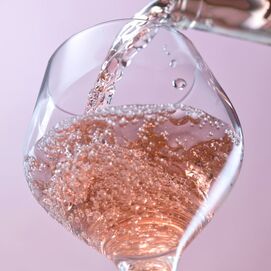When you're a new momma, it can be hard to get the hang of all the dos and don'ts that come with breastfeeding. There are many tips out there that encourage different practices that may be a good fit for some moms, but maybe not so helpful to others.
When it comes to breastfeeding methods such as pumping and dumping, you'll want to consider what is best for you, your body, and your baby! Keep reading to find out more about the pump and dump method and whether it may or may not be necessary for you.
What is Pump and Dump?
The phrase "pump and dump" speaks for itself, meaning after milk is pumped from the breast, it gets disposed of down the drain rather than being kept and fed to your little one.
There are many reasons why you may choose to pump and dump, including separation from your baby in which getting rid of excess milk production is your best option, or to clear out any contents such as alcohol from your milk so it doesn't transfer to your baby.
A Myth Correlating Your Alcohol Consumption to Breastmilk Production
The general rule of thumb when it comes to babies and alcohol is advised to mostly stay away. While most mothers may choose to abstain from drinking while breastfeeding a newborn, you may be wondering if an occasional drink every now and then is safe for your baby and if it can transfer to your child.
The purpose of the pump and dump method is to use it as a means to filter out any alcohol that may remain in breastmilk after drinking. In theory, your baby would be protected against contaminated milk that could potentially harm their development process.
So is this true? Not entirely. Here's why we've found this myth to be DEBUNKED.
Why Pump and Dump Isn't Necessary
It is true that the alcohol levels you consume can show up and be transferred into your breast milk. This is why the CDC recommends that you should wait at least 2 hours after your last drink before nursing.
That being said, some moms might result to getting rid of the milk entirely. Although pumping out milk after drinking for the sole purpose of your baby's protection isn't as productive as you might think.
Your BAC Won't Affect Your Breast Milk
Pediatric experts have found that alcohol does not accumulate in breastmilk. Essentially, this means that if your blood alcohol content is normal and you feel sober enough to drive a car and do day to day tasks, you should be safe to breastfeed again.
Like any case in day-to-day life, moderate alcohol consumption is ideal. But don't be afraid to have a glass of wine or a fun cocktail once in awhile when out socializing - we all know you've earned it!
It's a Waste of Time and Energy
Let's be honest - as much fun as it is, breastfeeding can be exhausting! Adding an additional pumping session that isn't beneficial to you or your baby can be draining and time consuming.
When You Should Consider Pump and Dump
Pumping and dumping isn't just for flushing alcohol out of your milk - many traveling or working mothers use the method when necessary.
Some mothers may find themselves more comfortable with the pump and dump process in order to relieve buildup, when they are away from their baby, or even while taking certain medications.
Engorged Breasts
If you've ever experienced engorged breasts, you know the tender and painful feeling all too well. Engorgement can happen when milk isn't fully removed from your breast and they become swollen and uncomfortable.
Some mothers produce copious amounts of milk - too much milk to keep up with on a regular pumping schedule, and may have to pump and dump between nursing sessions or when away from your baby.
When Traveling
If you're away from your baby and need to get rid of some milk, you may want to pump and dump. Often times there isn't a great place to pump that is safe, sterile, or private enough for your comfort when you're on the go or in a workplace environment.
Luckily at Willow, we're working on that - check out our new gravity-defying, leak-proof pump made for mobility in an all-in-one wearable design so you can feel comfortable pumping wherever, whenever. You can even control your pump and track production in real-time with the app!
On Certain Medications (Consult Your Doctor)
Some medications can be harmful to infants no matter the amount - some of these include anticancer drugs, lithium, oral retinoids, iodine, amiodarone and gold salts. Most commonly used over-the-counter drugs are safe to breastfeed while using, however if you're in doubt, it might be a good idea to pump and dump or seek medical advice.
Always make sure to check with your doctor or lactation consultant to confirm that you are safe to breastfeed while on certain medications, or when might be a safe time to do so.
Willow 360™ Wearable Breast Pump
Willow 360™ Wearable Breast Pump
Willow 360 is designed with a zero-gravity latch to give you 360° of leak-proof mobility. It's the hands-free breast pump that changed the game.
Stay in the Know with Willow
It no secret that motherhood can get stressful at times, especially when there seems to be an endless list of dos and don'ts to overwhelm you with. Here at Willow, we've got your back so you can focus on what's important - check out our FAQ page for more resources!

